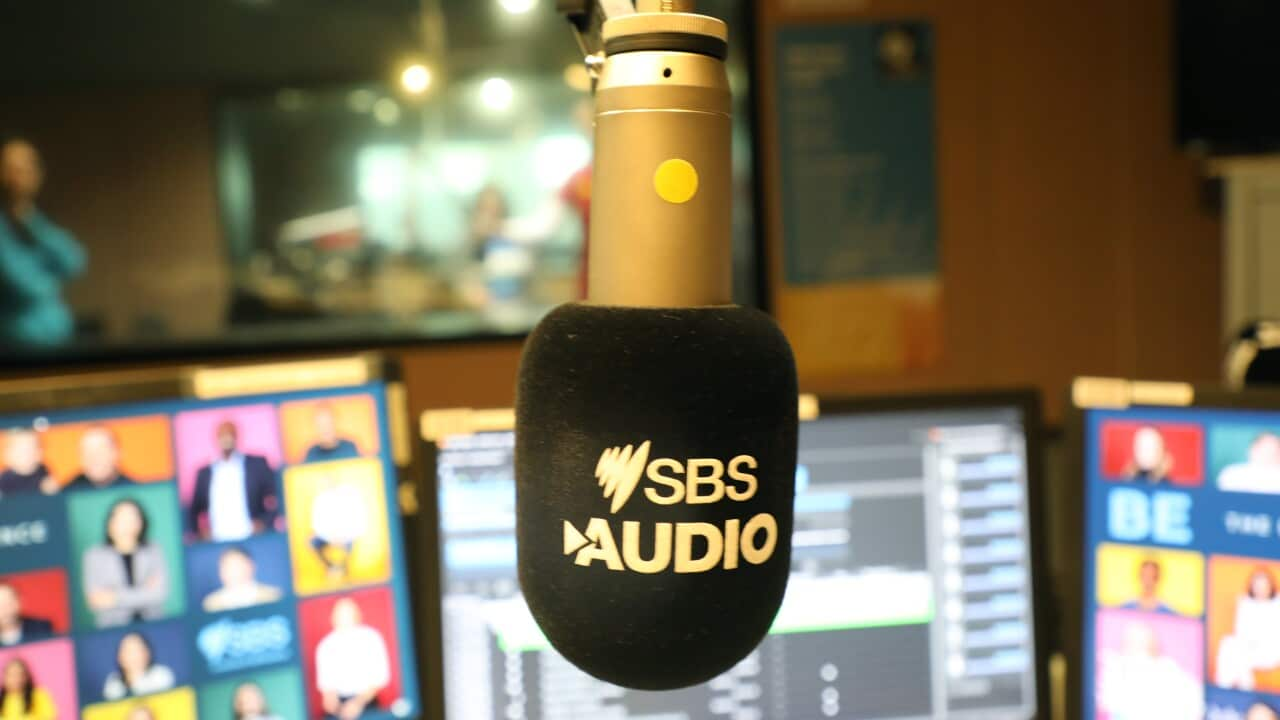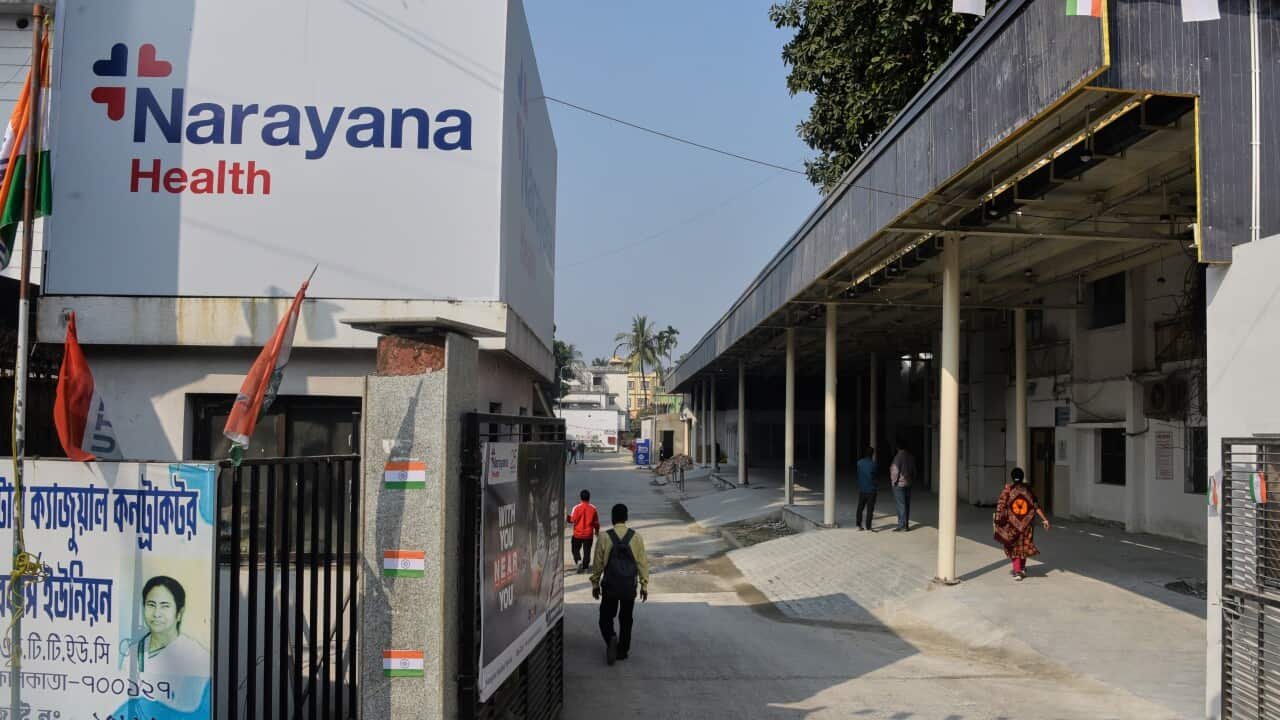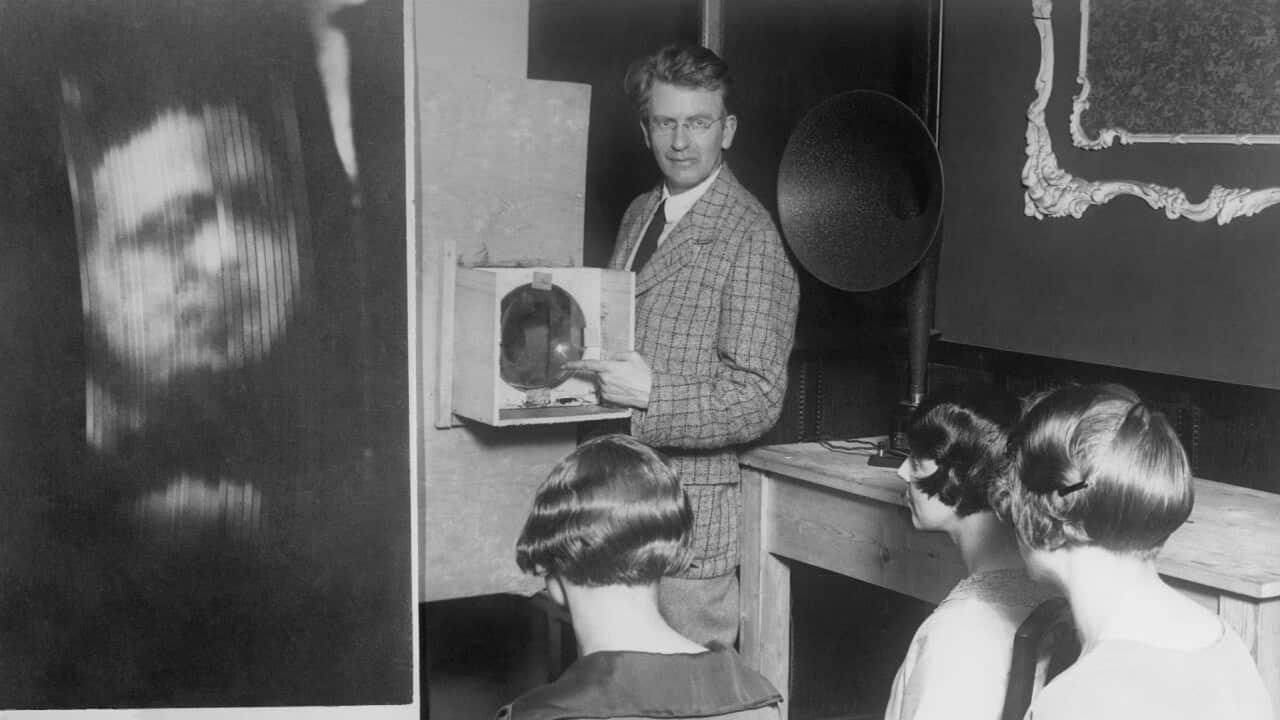The Department of Home Affairs announced in early August changes to immigration policies in relation to health requirements for permanent residency applications.
The changes saw an increase in the threshold for the hypothetical health care costs of an applicant with a disability from $40,000 to $49,000.
It also shortened the length by which the costs are calculated to 10 years. Prior to 1st July 2019, the cost was computed over the applicant’s entire life expectancy.
A Home Affairs representative told SBS Filipino that the Department “regularly reviews its policies to ensure they are operating effectively and makes necessary updates where required.”
“The Significant Cost Threshold within the migration health framework was developed in 1995 and originally set at $16,000. It has been revised seven times since then,” the representative said.
A new calculation methodology for the Significant Cost Threshold is now in place which according to the Department “will now allow [the cost threshold] to be updated biennially and more effectively to account for changing health costs.” The representative added that the shorter costing period would likely improve the reliability of cost estimations.
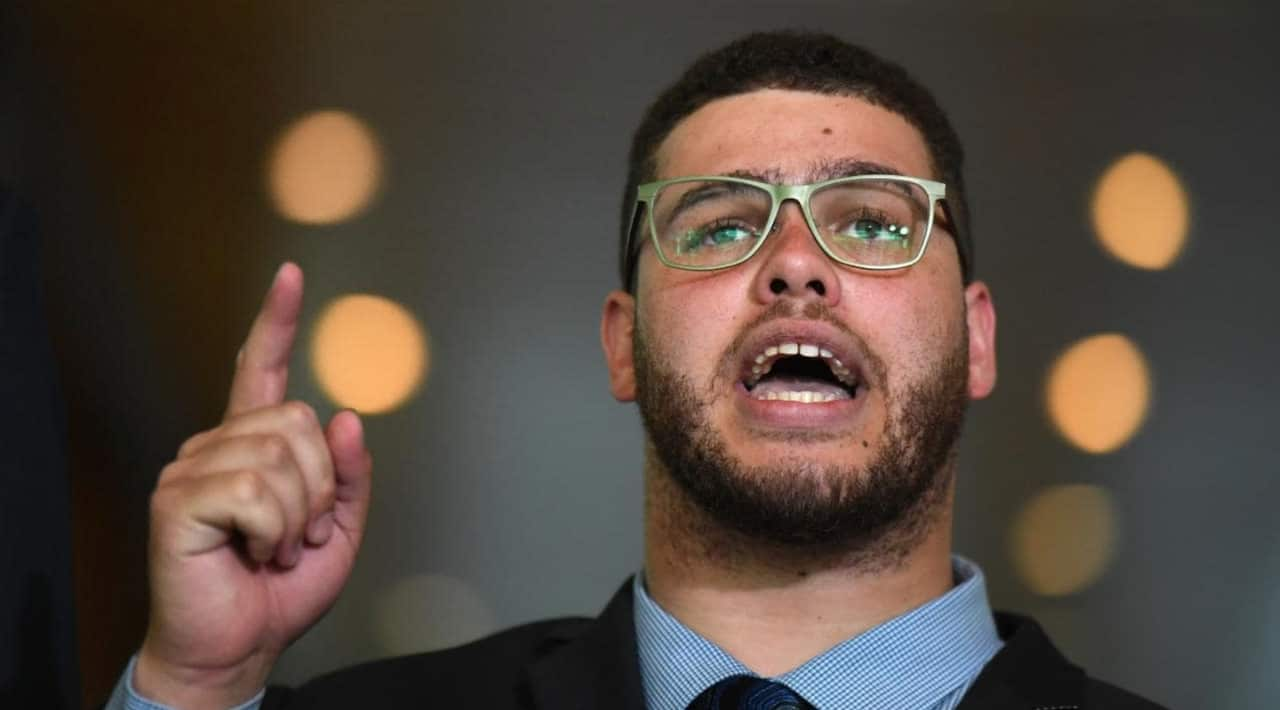
But according to Australian Greens Disability Services spokesperson, Senator Jordon Steele-John, the additional $9000 on the cost threshold is still low.
“It is such a minor tweak in the policy setting that it really does not make sense…to go this far and not solve the overall problem”, the senator told SBS Filipino.
A representative of Shadow Minister for Home Affairs Senator Kristina Keneally has told SBS Filipino that the senator is “unable to comment and has no recommendations to an otherwise minute amendment” in the said policy.
The National Disability Scheme Agency recently released the new NDIS Price Guide 2019-2020. The changes included alterations to its price guides including general and specific price increases for therapists, attendant care, and community participation. It also listed the new price limits on listed supports to reflect the Fair Work Commission’s annual wage review recommendations and the Australian Bureau of Statistic (ABS) Wage Price Index.

This includes a 4.5 per cent increase for supports listed under Assistance with Daily Activities and Social and Community Participation and an additional 2.1 per cent for capacity building supports and therapy.
Benefit reach
Senator Steele-John has doubted that these changes would have far-reaching benefits for people with disability in Australia.
“Knowing the costs of some of the support that people need as they journey with their disability, $49,000 over ten (10) years really doesn’t go very far at all. And it takes into account nothing of the benefit that a disabled [person] might contribute to society in that same period of time”, the senator said.
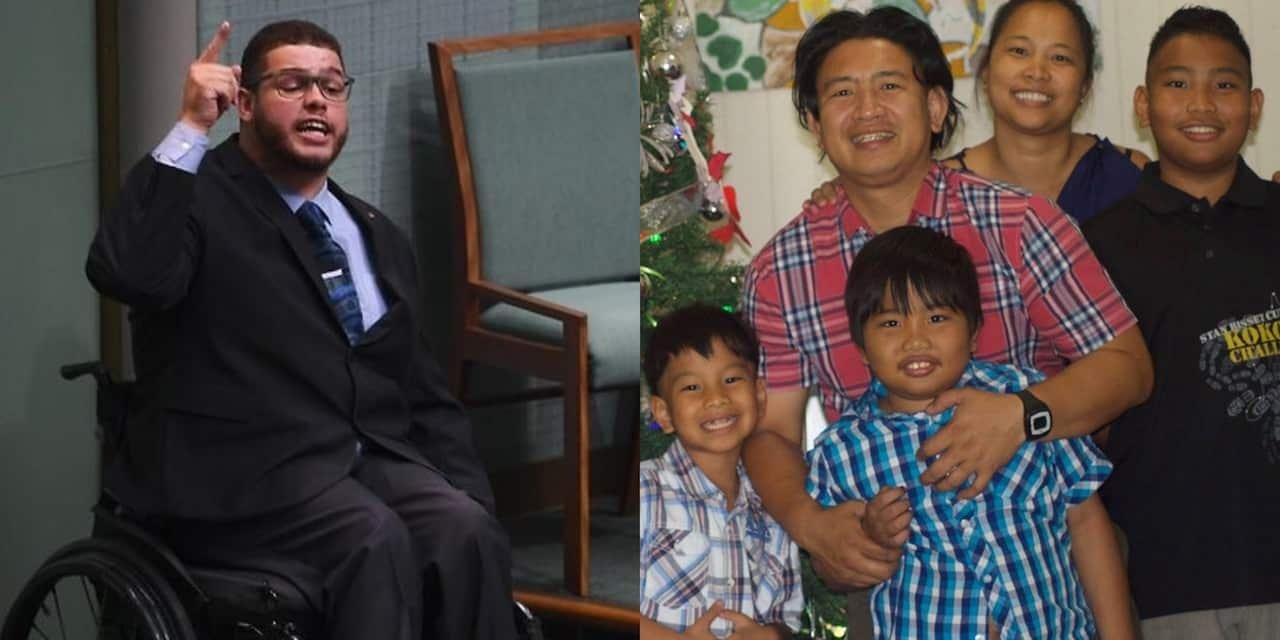
He has previously criticised the federal government’s immigration laws calling them ‘outdated’ after a Filipino migrant family from Queensland was denied permanent residency. The Custodio family moved to the rural town of Bell when father, Geofrey Custodio, got a job at a local piggery working on its breeding program. They now face the Department’s ‘One Out, All Out’ policy because the couple’s 11-year-old son, who has autism, 'does not satisfy the health requirements' of the federal government’s immigration policy.
The Department maintains that its current or previous policy does not discriminate against applicants who have a disability or illness and that all applicants “are treated in an equal and fair manner.”
However, many disability advocates continue to question the principle behind computing the hypothetical costs a disabled person might incur. Senator Steele-John agrees that this process is inappropriate. He stresses the need for the government to remove any stigma that labels disabled people as ‘financial burden’ to society.
“Nobody else is assessed that way. People have accidents at work all the time that may require them to go into a hospital, and therefore take a certain amount of money from the public system. The NDIS is there to ensure that the disabled are supported to be, among other things, economically contributing citizens”, the senator explained.
The NDIS Commission, a new independent agency tasked to ‘improve the quality and safety of NDIS supports and services’, began operating in Australian Capital Territory, Victoria, Tasmania, Northern Territory, and Queensland on 1st July 2019.
In Queensland alone, the NDIS services 52,249 people with over 14,000 people accessing disability services for the first time.
Location, location, and new NDIS Price Guide
The Custodio’s were denied permanent residency in December 2018. They have been living in the small town of Bell, part of the Western Darling Downs, over three hours’ drive outside Brisbane. According to Queensland mother Geraldine Custodio, the Medical Officer of the Commonwealth (MOC) estimated that their son Gain, who has autism, would need roughly $5 million for treatment and assistance in his lifetime. This was way above the previous benchmark of $40,000.
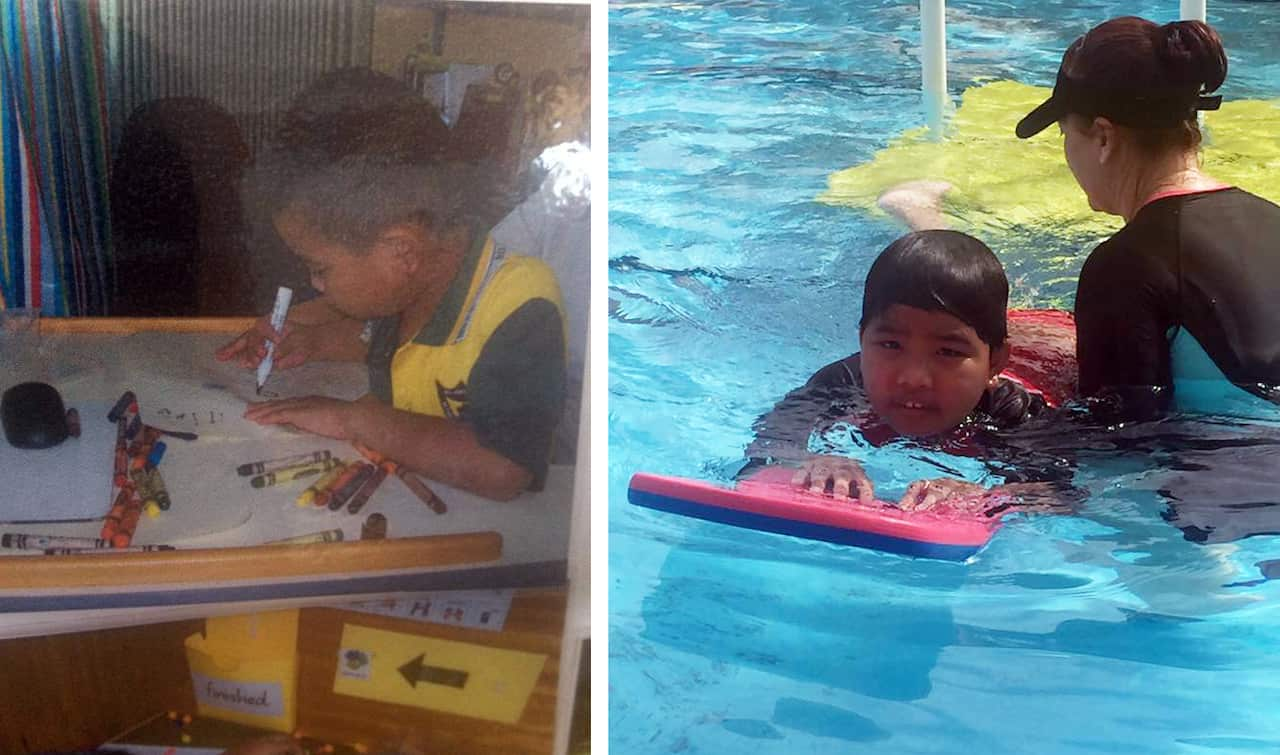
In the newly released NDIS Price Guide, the service price limits in less populated areas (below 5,000 people) are generally between 40% and 50% more than in regional areas. The NDIA used the Modified Monash Model (MMM) to assign service zones around the country.
Bell sits in the Western Darling Downs of Queensland and only has a population of about 500 residents.
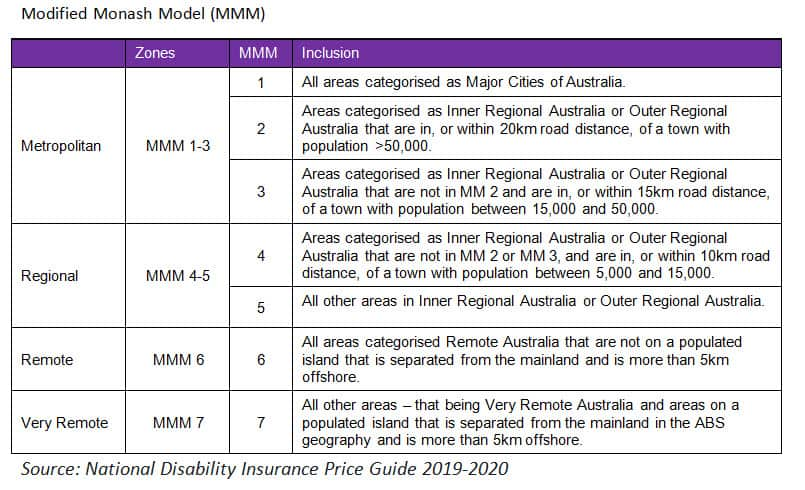
The Custodio’s are just one of the many families who took to heart the promise of permanent residency by the federal government for migrants who choose to live and invest in rural Australia. Mr Custodio, a Philippine-registered veterinarian, now works as a chief breeding specialist at a local piggery. Mrs Custodio, on the other hand, works as a teaching aide and operates a successful restaurant at Bell’s caravan park.
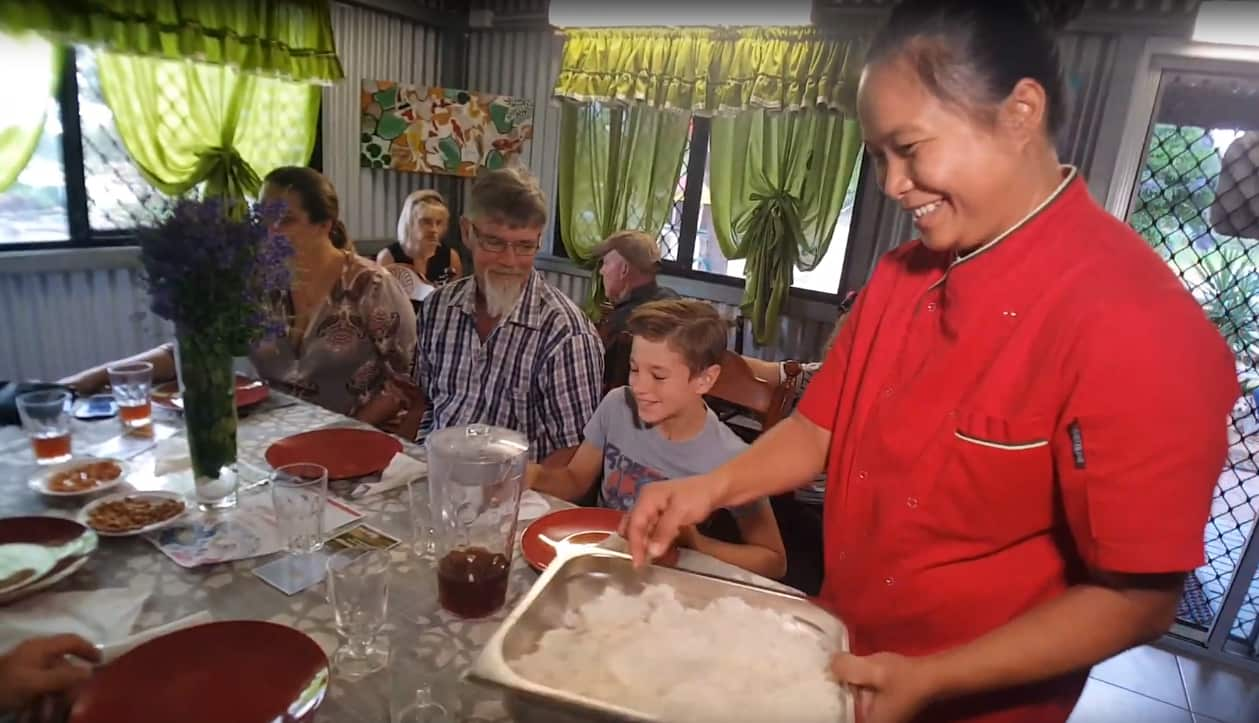
Their son, Gain, was only officially diagnosed with autism about a year after they arrived in Australia. In a recent correspondence, Mrs Custodio shared some details of their son’s therapy.
“Gain was officially diagnosed in August 2015 with severe autism. However, his diagnosis was lowered to ‘mild’ in mid-2017. He only sees the pediatrician every six (6) months, as he is a healthy boy, only for monitoring and that is about $425 per visit. His therapy (speech, occupational, and psychology) is about $200 once a month, as well,” Mrs Custodio explained.
“We added kinesiologist [service] lately because it helped him which is $60 per visit. These are all out-of-pocket and are not even covered by the essential visitors’ cover that all temporary resident visa holders [are entitled to],” she added.
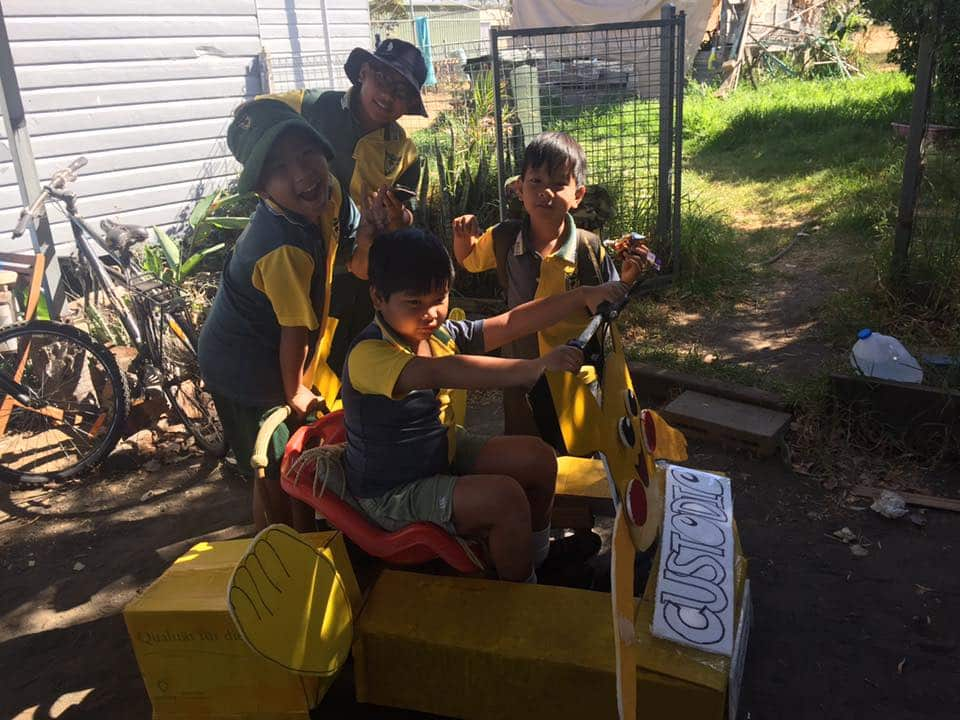
The family often travels to the Dalby for Gain’s therapy, a town that has over 12,000 people, where some specialists from Toowoomba and other major regional cities travel to consult. The new price guide has set special pricing arrangements for specialists to compute for travel time and costs.
With the government’s continuing campaign to urge more migrant families to move to rural Australia, an increased migrant intake in those areas could ultimately make the services more affordable for NDIS clients in remote communities.
To view the new price guide and sample computations, visit the NDIS website.


